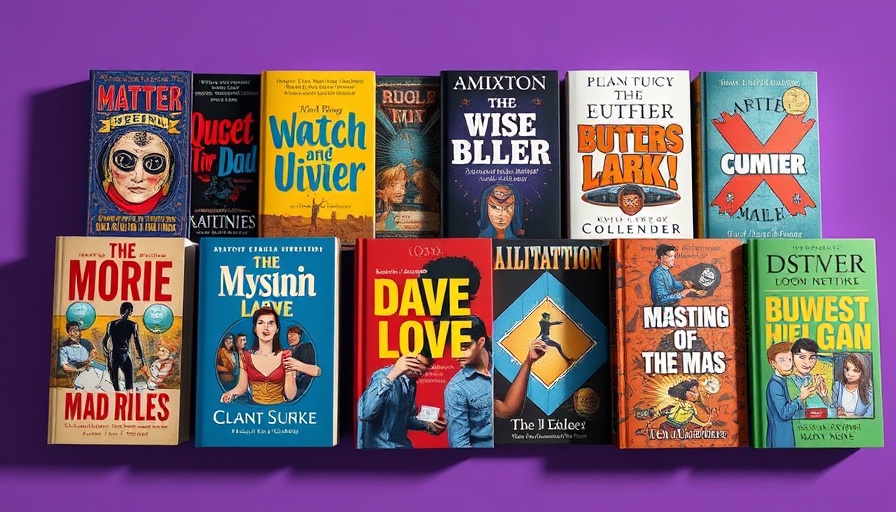
The Unexpected Closure of TikTok's 8th Note Press
In a surprising move within the digital landscape, TikTok has decided to close its fledgling publishing program, 8th Note Press, just four months after its launch. Designed to leverage the #BookTok phenomenon, this initiative aimed at connecting Millennial and Gen Z authors with their audiences through TikTok's robust social media platform.
What Went Wrong?
Despite the initial excitement surrounding 8th Note Press, reports indicate that the program fell short in several critical areas. Author dissatisfaction was rampant, with many expressing frustration over poor communication and a perceived lack of support from TikTok. Without a dedicated TikTok shop or effective organic promotion of its authors, the initiative appears to have struggled to make a substantial impact in the competitive publishing industry.
Challenges Facing Tech Companies in Traditional Industries
This scenario brings to light the challenges tech giants face when they venture into sectors that demand specialized knowledge and experience, such as publishing. ByteDance, TikTok's parent company, reportedly lacked the necessary expertise to navigate the traditional publishing waters. As technology meets legacy industries, understanding the intricacies of these sectors remains crucial for success.
The Aftermath for Authors
With the closing of 8th Note Press, many authors are now in a precarious position, attempting to reclaim their rights to their works. The unexpected shutdown raises pressing questions regarding intellectual property rights, especially in a digital age where publishing and social media intersect. Authors are left wondering how to move forward after placing their trust in a platform that ultimately could not deliver.
The Bigger Picture: TikTok's Role in Publishing
As we assess the implications of this closure, it's important to consider how TikTok—and similar platforms—will adapt their strategies moving forward. The future may see them reconsidering how they engage with the literary community, perhaps focusing on collaborations rather than owning publishing rights directly. Could we see a shift towards partnerships with established publishing houses instead?
Conclusion: Lessons Learned
The abrupt end of 8th Note Press serves as a reminder of the complexities involved when tech companies attempt to branch into traditional fields. For aspiring authors, it's a warning to carefully vet the platforms they choose to partner with, ensuring that their rights and interests are safeguarded. This closure not only highlights the challenges faced by emerging publishing models but also opens up a conversation about the future of books in the age of social media.
 Add Row
Add Row  Add
Add 




Write A Comment